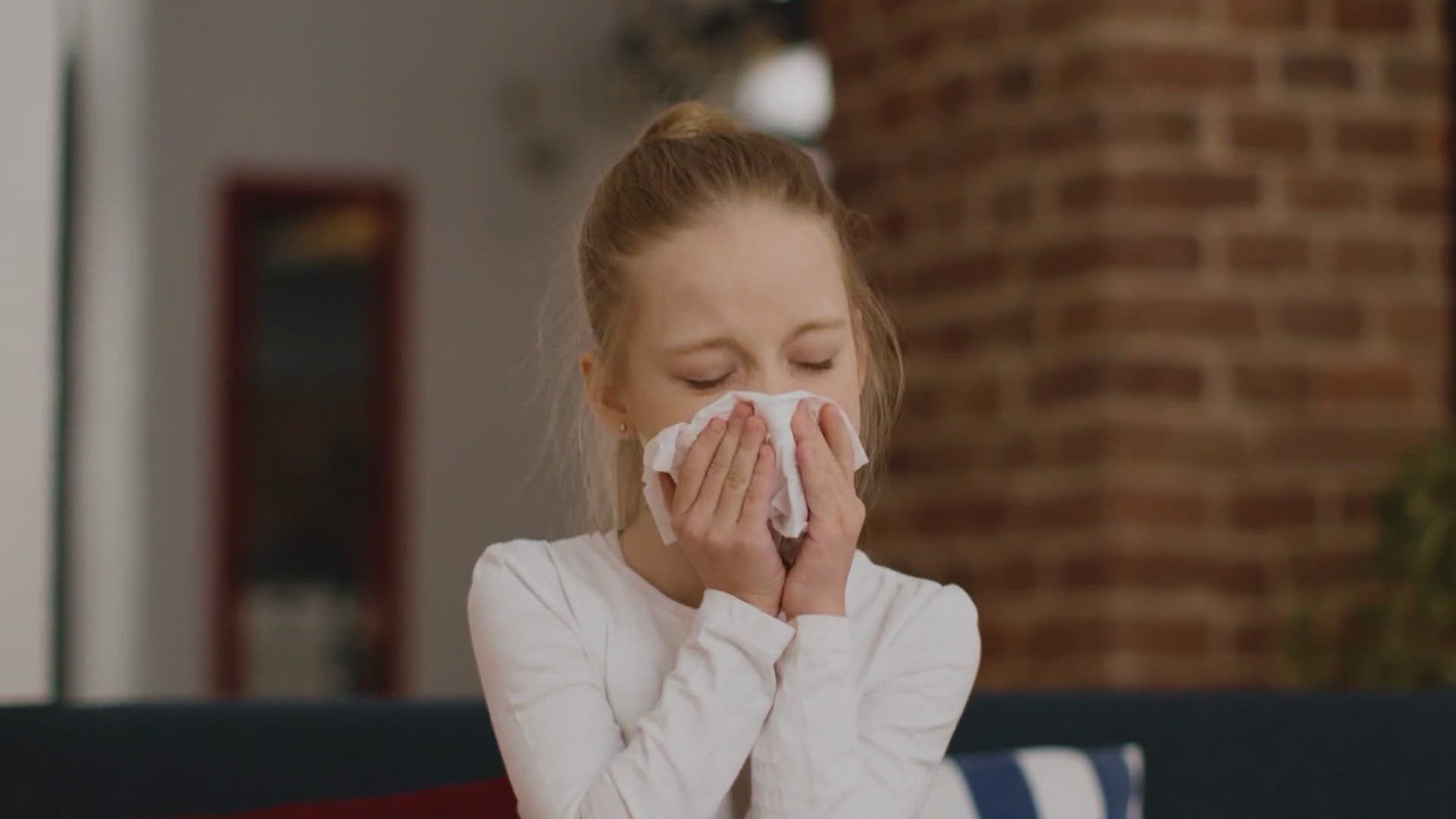SAN ANTONIO — When we talk about air pollution most of our minds instantly picture the outdoors. But indoor air pollution can cause just as many problems when it comes to your health.
The World Health Organization says close to 7 million people die worldwide from the combination of outside and indoor air pollution. Indoor pollution is something you have much greater control over. Control that is extremely important heading into the winter.
Glory Dolphin Hammes, the CEO of IQ Air North America told us, "You can picture it, that as the air gets colder, we start to cocoon more, and that's where we actually have more indoor air quality issues than if we were spending more time outdoors."
The World Health Organization says household air pollution was responsible for 3.2 million deaths worldwide in 2020. 237,000 of those were kids under 5-years-old. Household air pollution exposure could lead to strokes, ischemic heart disease, or COPD and lung cancer.
"Sensitive groups are our children, and unfortunately, the younger, the more impact air quality can have. And also our elderly. The young and the elderly are highly sensitive to air quality issues," Hammes added.
The EPA says to reduce indoor air pollution. Add window shading or close your blinds. And replace air filters according to manufacturer recommendations. You may think closing windows and doors can keep air pollution out, but you're actually working against yourself by causing something called dilution.
Hammes explained, "There is less of the mixing of air, which actually allows the pollution to be diluted. So we're sealing up our environments, we're sealing up these doors and windows, and the air pollution basically doesn't have anywhere to go."
Hammes also tells us if you have extreme difficulty breathing indoors to try an air purifier, or even an N95 mask.

